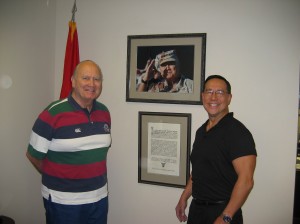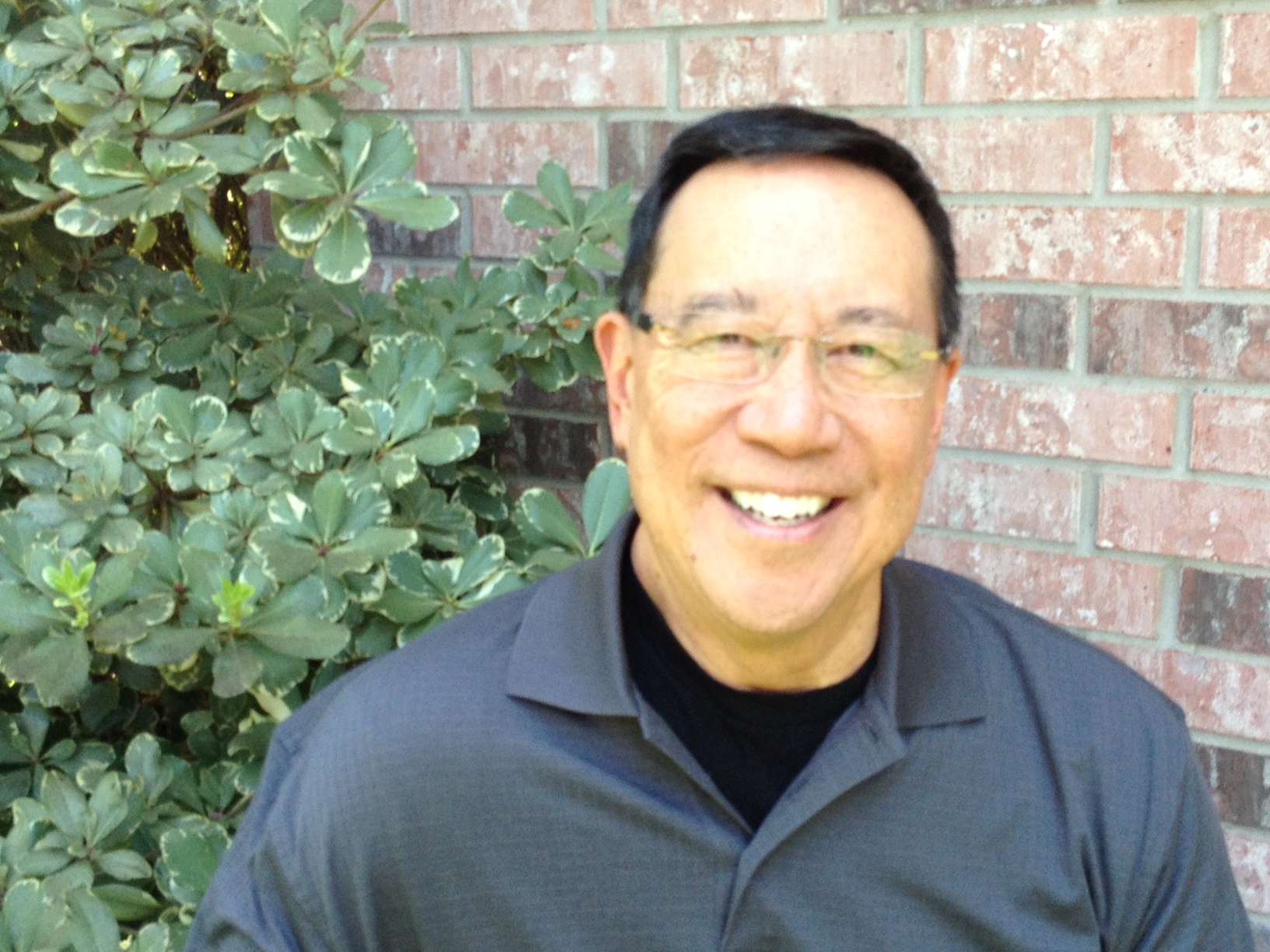He was a giant in our lives and in history. When the Nation doubted itself, his example reanimated us.
At West Point, when I thirsted for character strength, he generously poured from his cup into my young, puny spine. This was all the more unusual, for in that era, most faculty kept cadets at a distance.
Throughout the 47 years that I knew him, he challenged me to suppress my strong desire for self-advancement and my fear of failure, and to replace them with the intentional behaviors of moral courage and selfless service.
He owned a temper that could rival that of Moses. I saw it many times and trembled in its exercise. He once threw chalk at me when I began to doze in his classroom. His anger came from a fear that, via inattention, selfishness and weak spines, we would fail those who were entrusted to us.
A naturally interior person, he intentionally modeled how to courageously and rightly care for our people. His formal job was teaching us engineering, but he lived, demonstrated and taught principled leadership to change our character. Like Aristotle, he knew that character is essential for professional excellence, and is the first requirement of happiness.
In periodic contacts in subsequent years, he reinforced the truth that moral cowards cannot inspire others to their best selves. In our business dealings, he encouraged me to act in the right and validated my risking my corporate vice-presidency to do the right thing. I called these actions “RORTS,” Regardless of Risk to Self-interest. I learned that concept from him when I was a 19-year-old cadet.
I spent the greatest amount of time with him before he was H. Norman Schwarzkopf, four-star general, prime presidential candidate material, Knight of the Bath and recipient of a museum’s worth of planetary recognitions. While eating hot dogs in his quarters on a Saturday afternoon while children chirped on the Plain, I was critically aware of his substantial intellectual gravity and commanding physical personality. But his impact on me was relational and spiritual. He was a chest-opening moral presence. Licking relish from his fingers in his tiny Bachelor Officer Quarters, he was the living example of the man I was supposed to become.
He was my mentor and he was like a father, and I will always be filled with gratitude for his leadership. I appreciate him with the same acuity with which I miss him.
I send heartfelt prayers and blessings to his wife Brenda and their three wonderful children, who sacrificed their time with him so he could serve the Nation and our allies.
The final stanza of West Point’s Alma Mater begins,
“And when our work is done,
Our course on earth is run,
May it be said,
‘Well done, Be thou at peace.'”





Gus, thank you for sharing your experiences with this amazing man. May you both be at peace for a life well lived.
Very Respectfully, Bill
What i do not realize is in fact how you are no longer actually much more well-favored than you might be right now. You’re very intelligent. You recognize thus considerably in relation to this topic, made me in my view believe it from numerous numerous angles. Its like men and women are not fascinated until it is one thing to do with Lady gaga! Your own stuffs excellent. All the time handle it up!